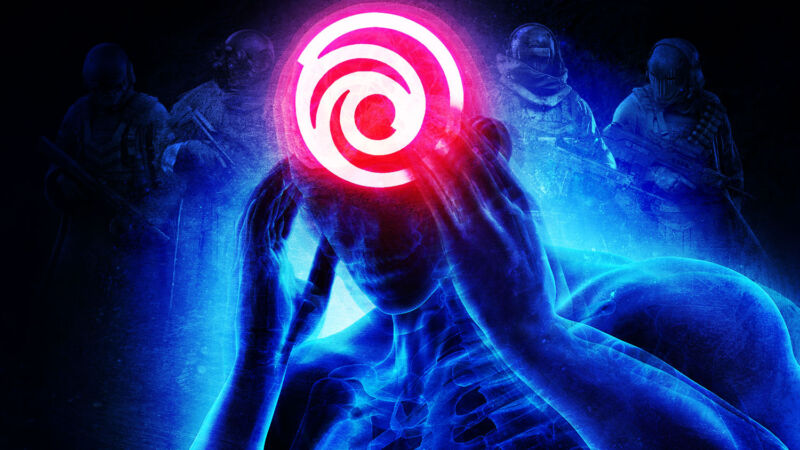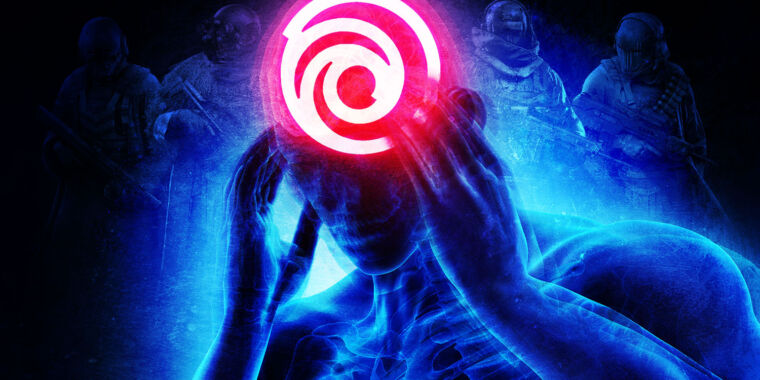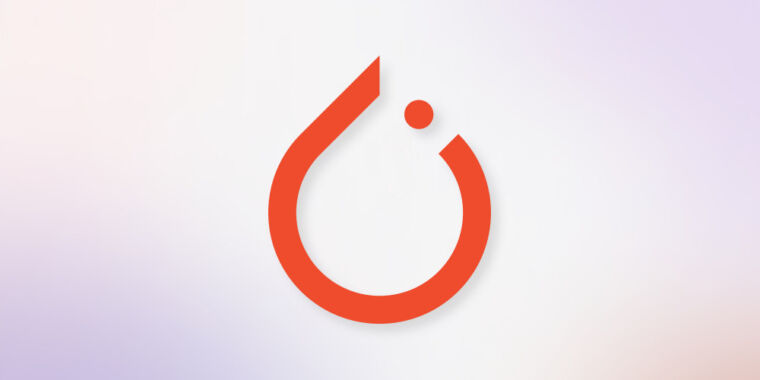
If you’ve been following Ubisoft’s relationship with the NFT space in the last year, you probably remember that its nonsensical release of Quartz NFTs in Ghost Recon Breakpoint was halted in April after just a few months. At the time, though, Ubisoft said that players should “stay tuned for more updates with features to the platform and future drops coming with other games!”
In the months since, though, Ubisoft seems to have become less enthusiastic about its future NFT plans. In a recent group Q&A following a press event at Ubisoft’s Paris HQ (transcribed by GameIndustry.biz), CEO Yves Guillemot tried to clarify that the company is “still in research mode, I would say, when it comes to NFTs.”
“We really look at all the new technologies. We are very much on cloud, on the new generation of voxels, and we’re looking at all the Web3 capabilities. We tested a few things recently that are giving us more information on how it can be used and what we should do in the universe of video games. So we are testing ground with some games, and we’ll see if they really answer the players’ needs.
The bit about “answering the players’ needs” is especially interesting in the wake of Ubisoft’s use of NFTs in Breakpoint. In the months after Ubisoft gave away thousands of game-usable NFTs, an Ars analysis found only 96 successful secondhand sales for those in-game items on Objkt and Rarible (the only two marketplaces where such sales are allowed), with prices generally measured in the equivalent of tens of dollars. These third-party transfers were sold as one of the primary use cases for NFTs in the first place, so the lack of sales shows just how little player interest there was in Breakpoint‘s NFT implementation.
Looking back, Guillemot said that “we probably were not good at saying we are researching,” suggesting that this was always intended more of a toe-dipping experiment rather than a major investment in an exciting new technological playfield. That restraint wasn’t communicated when Ubisoft launched its Quartz NFTs last December, though.
Back then, the company described the effort in a press release as “the first building block in our ambitious vision for developing a true metaverse.” At the time, Ubisoft also discussed long-term plans for the blockchain to “genuinely make players stakeholders of our games… placing back into their hands the value they generate through the time they spend, the items they buy or the content they create online.”
Now, though, Guillemot talks about NFTs as just another in the long line of wacky tech fads that Ubisoft likes to play around with when they’re new:
“As a company, we went into VR early, into the Wii early—we always try new things,” he said. “Sometimes it works, sometimes it doesn’t work, but it’s always to make sure we can bring a new experience to players that will be innovative and interesting. The goal of the company is always to create the best experience, and new technologies are always good for that because there’s less competition and people are more interested to try new things on new technology.”
The weirdest part of Guillemot’s NFT remarks came when he spoke as though Ubisoft hadn’t launched its first NFT experiment yet. “We should have said we were working on it, and when we have something that gives you a real benefit, we’ll bring it to you,” he said. “Exploring doesn’t mean launching.”
While we agree that exploring doesn’t mean launching, we’d argue that Ubisoft actually launched NFTs in Breakpoint last December. The fact that Guillemot now says Ubisoft is waiting until it has “something that gives you a real benefit” before any further “launching” tells you everything you need to know about just how quickly the company’s feelings on NFTs have changed.







